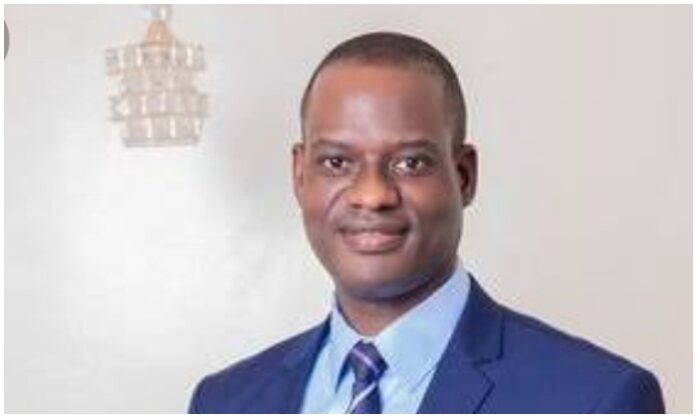*Says current tax system not producing right results
*Proposes tax exemptions for vulnerable people
CHIGOZIE AMADI
The Chairman of the Presidential Committee on Fiscal Policy and Tax Reforms, Taiwo Oyedele, has said Nigeria can generate more revenue without raising taxes and hurting the economy.
Speaking during a television interview at the weekend, Oyedele said the right measure was not to introduce more taxes.
According to him, with the use of data, intelligence, and technology, Nigeria can close the tax gap by ensuring people who have not been paying taxes begin to pay.
He said the committee believed that having fewer taxes would be broad-based, and easy to collect.
“Certainly, you know the whole idea is that we have done whatever we are doing now for decades, and it hasn’t produced the right result,” Oyedele said.
“We have over 60 different taxes and levies, but we are barely even collecting enough money to fix roads.
“By the way, the entire budget, that’s the federal government’s, is about N29 trillion plus all the states in Nigeria, which is about N15 trillion. If you add it all, it comes to about N44 trillion. That’s around $30 billion.
“That $30 billion is even less than the budget of Kenya, which is around $32 billion. It is barely a quarter of South Africa’s budget at $130 billion. And of course, it’s even less than the budget of New York City, not even just New York State. So, clearly, Nigeria is a poor country with the potential to be a wealthy country.
“So, we do believe, based on the analysis we have done and the data available to us, that the right way to go is not to introduce more taxes. And in fact, if you are going to raise the rates of any tax, it has to be something that we’re doing as a result of the consolidation and harmonisation.
“We do think that having fewer taxes is broad-based, easy to collect, and does not place a burden on the bottom of the ladder of society is the way to go.
“And by using data, intelligence, and technology, we can close the tax gap so that people who have not been paying before begin to pay – who have been identified as people who should be paying – and the poor people should be legitimately exempted, particularly micro businesses and low-income earners.”
Oyedele, according to TheCable, said the committee believes that with all these, Nigeria can easily more than double its revenue within a period of two to three years.
He added that his agency had proposed that the federal government exempt vulnerable people from paying taxes.
“Sadly, the system we have today is trying to tax everything and everybody. You know, if it moves, tax it; if it moves again, tax it even more. That seems to be the approach we have today,” he said.
“You would imagine that those who are selling sachets of water, which we call pure water, how much possibly can be their capital plus profits.
“With all the hard work, people are just trying to see if they can find N800 or N1,000 a day to take care of themselves and their families, which would cover their transport or feeding.
“But when we were speaking to market traders’ associations, they told us that these guys are paying about six to seven different levies every single day, and they give them some form of sticker.
“And that clearly is not acceptable. We’ve also seen truckers who are moving produce, including food, from one state to another have to pay more than N450,000 in one single trip. Sometimes the stickers add up to more than 50.
“So, at the end of the day, this is the reason why, for example, if you looked at the last inflation numbers, even just between rural areas and urban areas, the difference in inflation is about 500 basis points, which is about five per cent, which you can only just explain by way of transportation but by the time you add the taxes to it.
“You see, that is one of the reasons why that differential is so significant,” he explained.
According to Oyedele, other decent societies have used these methods and it worked for them.
He said this approach would fight tax evasion and stop people from breaking the law.
“So, we think that the approach to adopt is to exempt some of these vulnerable people, including (the sellers of) sachet pure water,” he said.
The tax expert also said the federal government needed to stop asking people how much they earn to tax them.
“We also believe that we should stop asking people how much they earn so we can tax them; we should first support them to be able to grow and create wealth, and then use intelligence to tell them how much they have earned,” Oyedele said.
“So, that way, we are sure that evasion and people who try to live above the law are a thing of the past. That’s how the decent society that we aspire to be like has been able to develop economics,” he added.
Oyedele has been advocating for different tax reforms and relief for the informal sector.
In May, his committee announced that the federal government was working on a system that would provide tax relief to 95 per cent of the informal sector.
Oyedele said the plan was to exempt businesses earning N25 million a year or less, from the various taxes hindering their progress overtime.





















